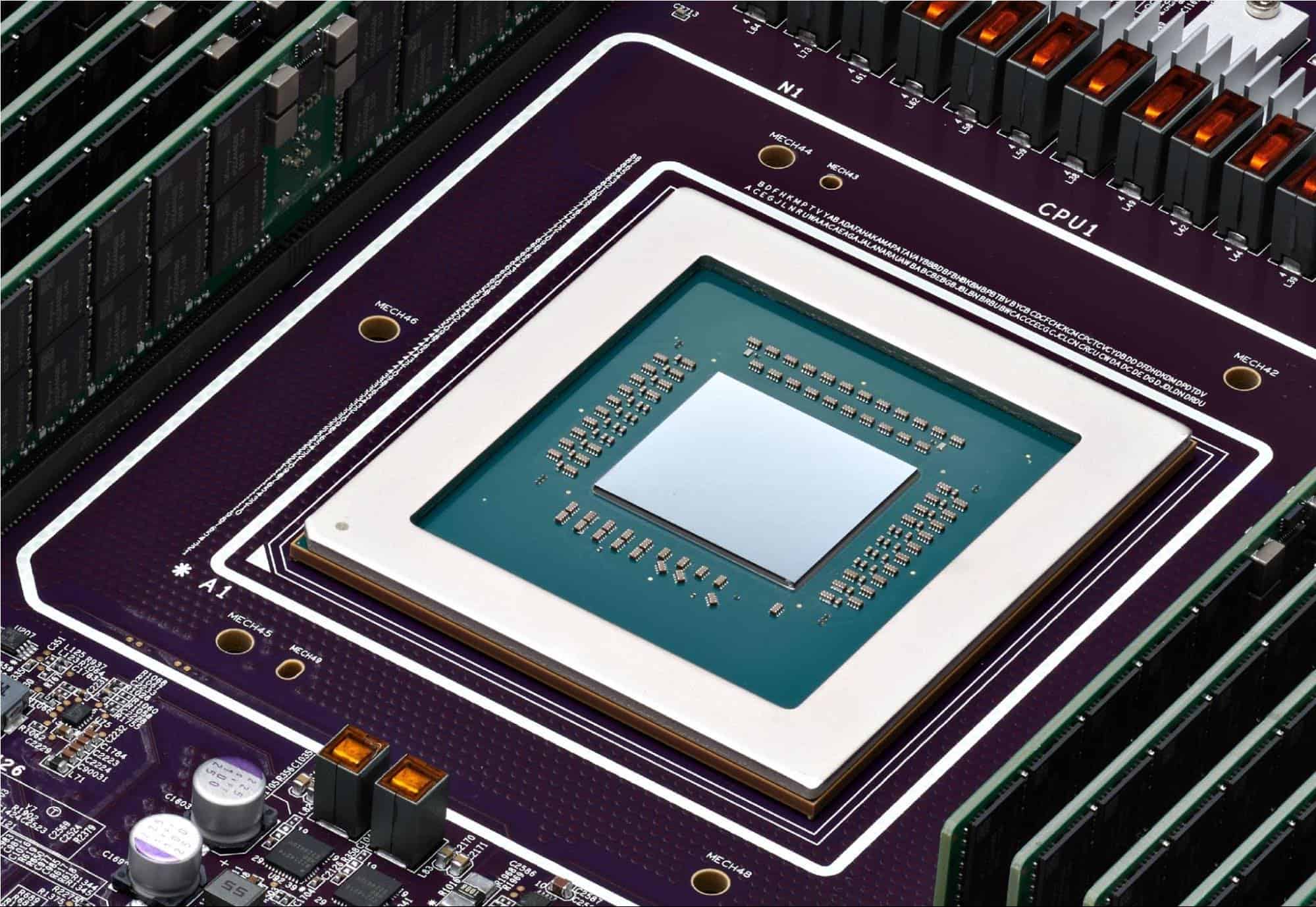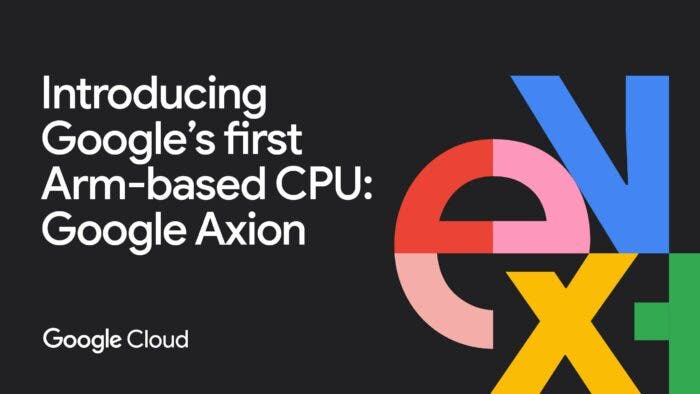Google has taken a significant step towards data center autonomy with the introduction of Axion, its first custom-built central processing unit (CPU). Named after the theorized dark matter particle, Axion leverages the Arm architecture to deliver industry-leading performance and energy efficiency.
Google Unveils Axion: A Custom Arm-Based CPU for Enhanced Data Center Performance

Axion is built upon Arm‘s Neoverse V2 cores, known for their robust performance capabilities. Google has further optimized these cores by integrating a dedicated system called Titanium. This custom silicon microcontroller offloads critical tasks like networking, security, and storage I/O processing to Hyperdisk, Google’s new block storage service. This frees up Axion’s processing power for core customer workloads, potentially leading to significant performance gains.
While specific details regarding core count, clock speeds, and thermal design power (TDP) are yet to be revealed, Google claims Axion offers substantial advantages over existing solutions. Benchmarks indicate a 30% performance improvement over Google’s fastest general-purpose Arm-based cloud instances and a remarkable 50% performance leap compared to current-generation x86-based virtual machines. Additionally, Axion boasts a 60% improvement in energy efficiency over its x86 counterparts. Making it an attractive option for businesses focused on sustainability and cost reduction.
Google has already begun deploying Axion in several of its core services, including BigTable and Google Earth Engine. This early adoption signifies Google’s confidence in Axion’s capabilities and paves the way for broader customer adoption later this year. The introduction of Axion positions Google as a major player in the custom server CPU market. Potentially disrupting the current landscape dominated by established chipmakers.
Beyond the immediate performance and efficiency benefits, Axion’s development signifies a strategic shift for Google. By designing its own CPUs, Google gains greater control over its data center infrastructure. Potentially leading to faster innovation cycles and improved security. This move also strengthens the company‘s position in the cloud computing market, offering customers a unique combination of hardware and software expertise. The long-term impact of Axion on the data center industry remains to be seen, but its introduction marks a significant step forward for Google and the future of cloud computing.





